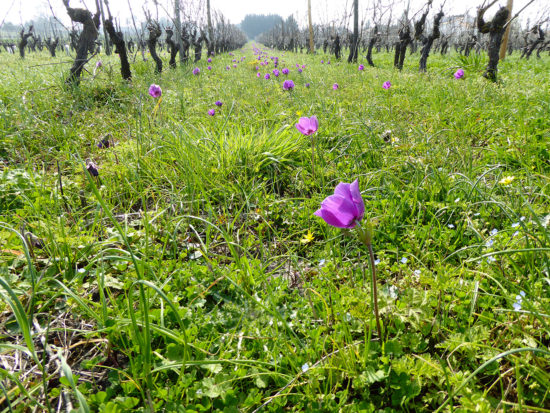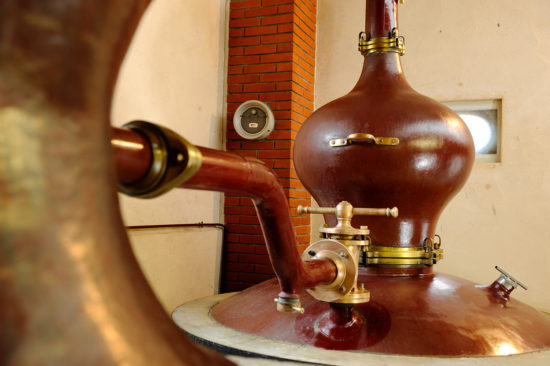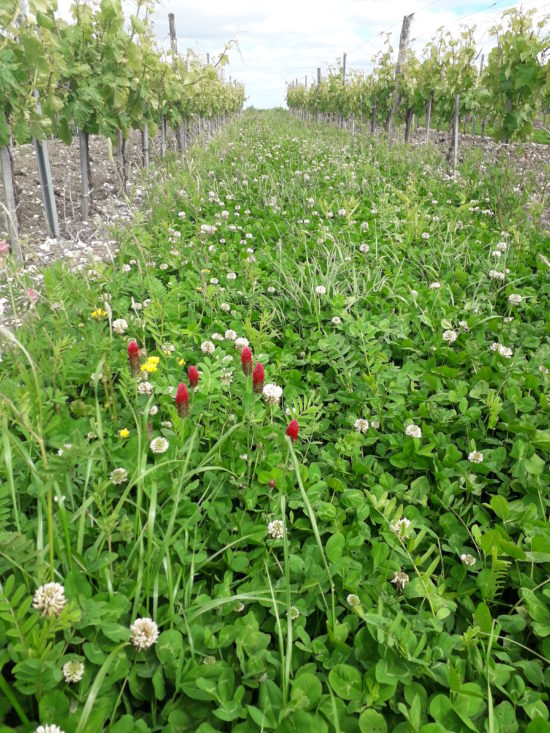
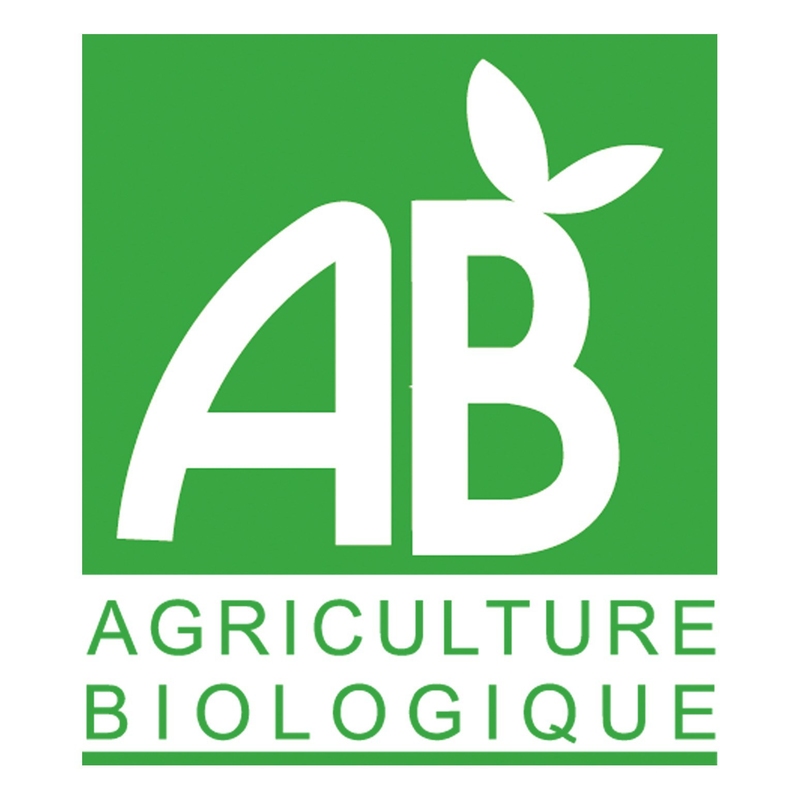
Organic Farming: a farming project that respects the environment
The Domaine des Claires is committed to Organic Farming from 2018 to 2020. Following the conversion period, the wines have been certified AB since the 2021 harvest and the entire estate since 2023.
The Certipaq organisation checks and certifies that the rules governing organic cultivation and wine-making are being followed.
In organic viticulture, synthetic chemicals and GMOs are banned. This means that we have to look for alternative solutions, monitor the development of the vines and react quickly to intervene when the time is right. This requires more human, technical and mechanical resources.
The main techniques for fertilising the soil and maintaining biodiversity are :
- Grassing the rows and the soil around the plots
- The use of green manures and vegetable cover crops: plants grown to be rolled and form a mulch or to be incorporated into the soil: oats, rye, clover, alfalfa, broad bean, radish, mustard, etc.
- The use of indicator plants to learn about the characteristics of our terroir and identify any problems in the vineyard.
- Mowing and mechanical weeding
- Use of organic manure and compost
Towards an environment friendly agriculture
To preserve the wealth of our soils, we integrate the methods of environment friendly agriculture.
Each year, every other row is ploughed, the other is turfed to increase the microbial life in the soil.
Young plantations are grown without weedkiller during the first five years as we hope soon to remove weedkiller in our vineyard. In addition, we use phytosanitary treatments for pest control.
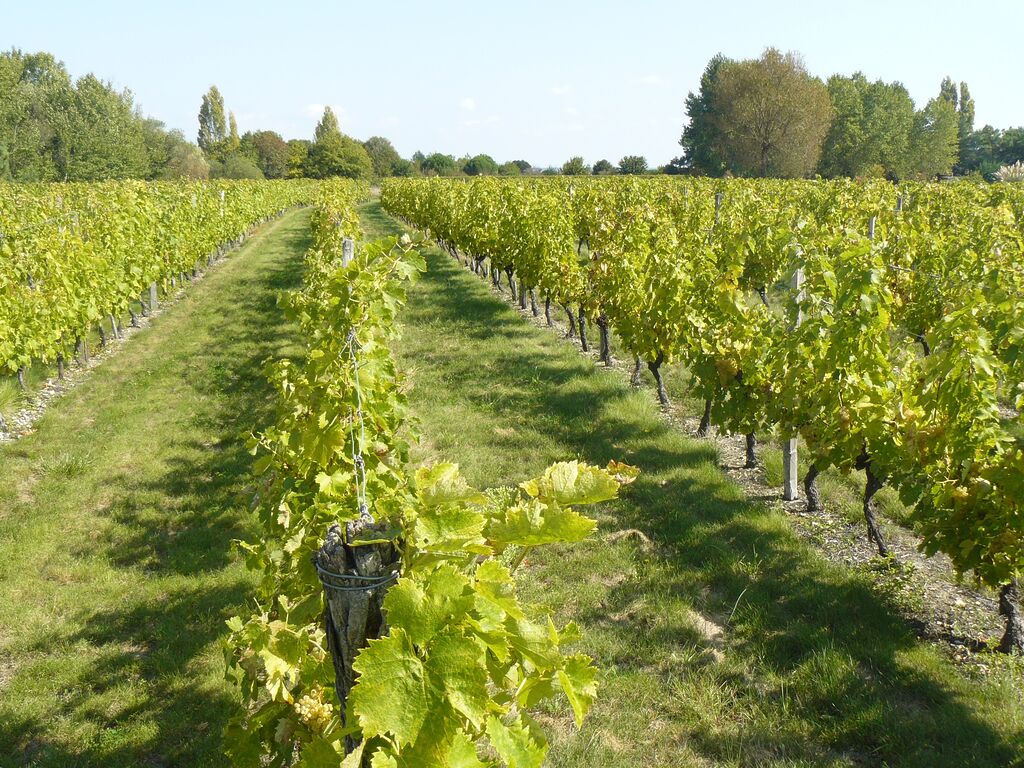
Future prospect : Agroforestry
Agroforestry is the combination of trees and crops on the same plot of farmland, either on the edge or in the open field. It is known as vitiforestry in viticulture.
Trees and hedges associated with vines have a number of benefits: they create a microclimate that protects the vines from the vagaries of the weather, improve soil organic matter levels and water balances, and create habitats for biodiversity.
We consulted specialists to guide us in our choices. Our initial approach would be to plant hedges around our plots, with a view to planting trees within them in the longer term: vines and trees are good partners.
The authenticity choice: development of the wine shop and cellars
With the reception and diversification project, we have expanded our installations.
We have chosen to develop the existing building, the historic operations office. Despite the space constraints of our small town, we wanted to preserve the existing traditional architecture, as part of our identity and our terroir.
We work to permanently treat the effluents generated by our business.




